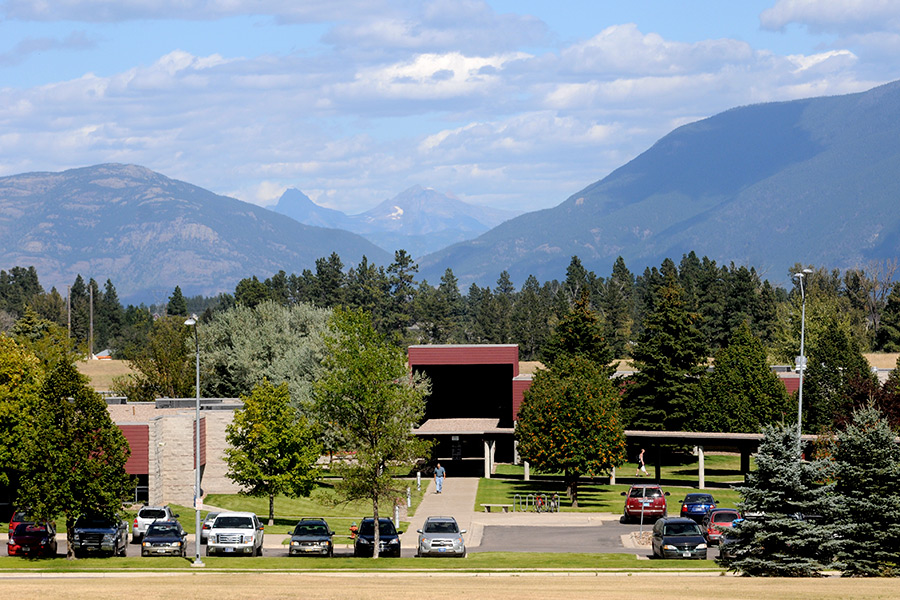The valley’s community college has added another way to give Northwest Montana students the opportunity to develop their science skillsets at an earlier age, giving them an advantage when considering a future career.
Flathead Valley Community College was recently awarded a grant worth more than $400,000 from the National Science Foundation to enhance the biotechnology curriculum in local high schools.
Biotechnology uses living systems and organisms to develop or make products to help address some of the world’s largest problems, such as disease and hunger. It can be applied to many subjects, including agriculture, soil science, biofuels, genomics, and regenerative medicine.
The grant, worth $424,590, will support the program TeaM SCoRE Biotechnology, which stands for Teachers in Montana Strengthening the Continuity of Rural Education in Biotechnology.
Dr. Ruth Wrightsman, the project’s director and associate biology professor at FVCC, said the program will implement innovative laboratory activities and authentic research projects in local high school science classrooms.
“We’re really excited to partner with the high schools,” Wrightsman said. “It’s a really important technology. There have been jobs around for 25 years in urban areas, but it is growing around the country. It’s a really important way for people to create jobs in the area.”
Even students who don’t go into biotechnology will be able to use the skills learned in the class to navigate their lives, Wrightsman said, because there is so much touched by biotechnology, such as genetically modified foods.
“It’s an important skillset to have,” she said.
The first lab students will participate in involves taking a sample of plant material and amplifying part of the chloroplast gene, then sending it off for DNA sequencing. It’s called DNA barcoding, Wrightsman said, and the students not only learn the traditional taxonomy of plants, but they also get to send off genetic material to the lab to determine for certain if they’ve identified the correct plant.
Their results might also help an ongoing DNA project, Wrightsman said. The project Barcode of Life seeks to have student and citizen scientists add their findings to the research. At the end of the project, any new DNA sequences discovered as a result of the experiments will be submitted to the Cold Spring Harbor Laboratory DNA Subway.
Wrightsman said she advises all of her FVCC students to take at least one biotech class because it’s a booming field. And with this new grant, students can begin hands-on learning earlier in their educational lives.
“They know when it’s real. They know when they’re doing real science,” Wrightsman said. “My feeling is we shouldn’t wait until graduate school to let them work with real science.”FVCC received a prior NSF grant that allowed Wrightsman and Dr. Jerry Manning to develop the first biotech transfer degree program in Montana. That program, which awards a two-year Associate of Science degree, allows graduates to enroll as juniors in Montana State University’s biotech program.
Wrightsman said FVCC is going to host a DNA boot camp for teachers in May, and there are still slots available. Those interested should contact Wrightsman at 406-756-3878 or [email protected].
